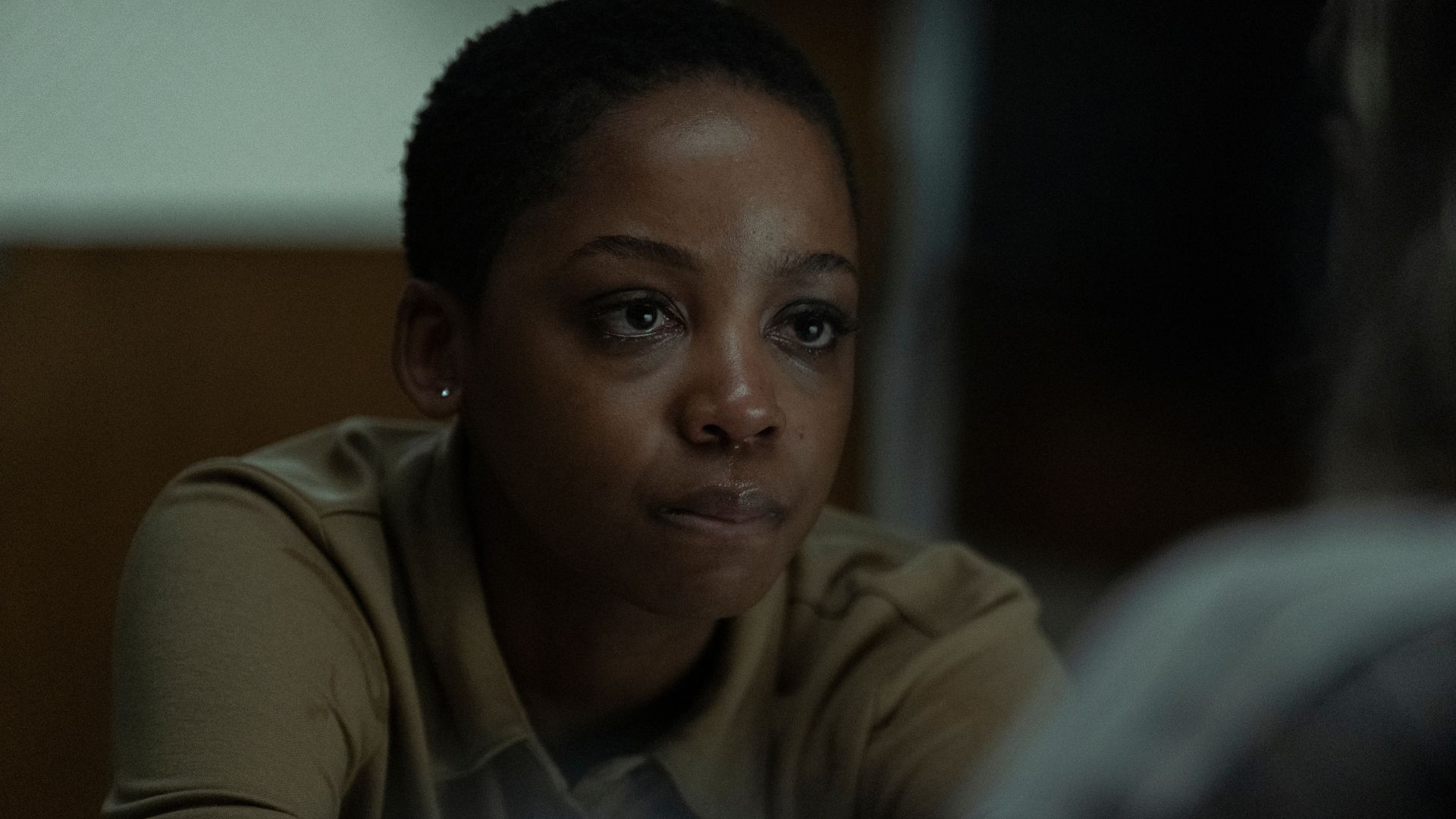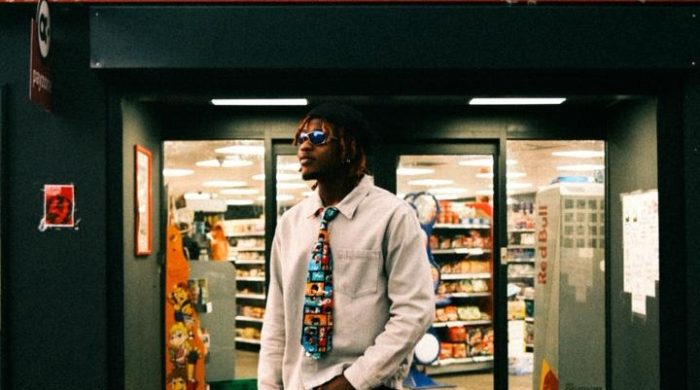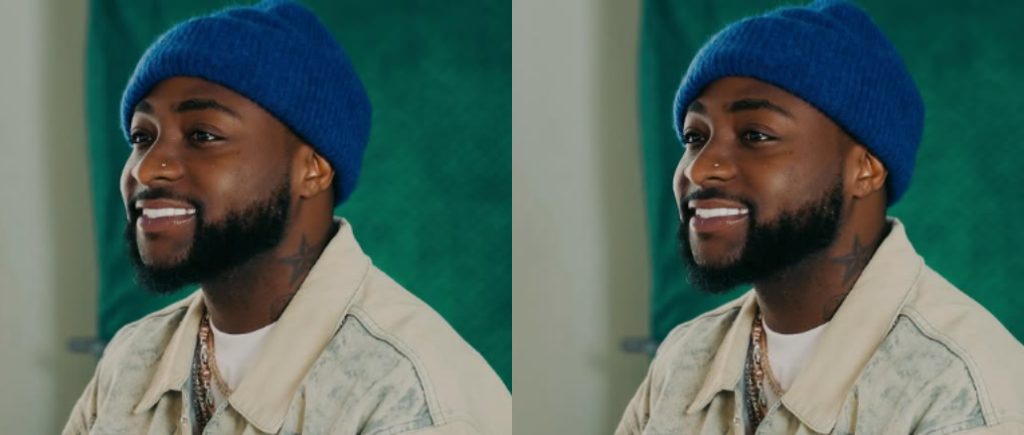Whenever acclaimed screenwriter Brad Ingelsby, best known for “Mare of Easttown,” crafts a new crime series, it inevitably stirs global buzz. His most recent project, Task—a new HBO drama—delves deep into difficult questions about family ties, loyalty, and the sacrifices people must make to survive in harsh realities. The ensemble cast features international talents like Mark Ruffalo, Tom Pelphrey, and Emilia Jones. Of special interest to African audiences is the appearance of South African actress Thuso Mbedu, who takes on her inaugural modern-day role as Aleah, a determined federal agent navigating morally complex territory.
Mbedu, already familiar to viewers for her powerful performances in productions such as
https://www.showmax.com/watch/asset/series/isthunzi/76016f2b-7528-3935-b7f6-d5ccd6c8ba8e?orig_ref=https://www.google.com/
, Underground Railroad, and
https://www.netflix.com/title/80218506
, embarks on a new creative journey with Task. This project stands in contrast to her earlier historical or period-centered roles, pushing her into a contemporary, high-octane narrative with multidimensional character work.
“I fell in love with Mare of Easttown when I watched it,” she tells Men’s Health. “So when I heard Brad was creating another series in that same universe and I had the opportunity to audition, it was a no-brainer. Aleah is kick-ass, she’s boss, she’s no-nonsense. It’s unlike anything I’ve played before.”
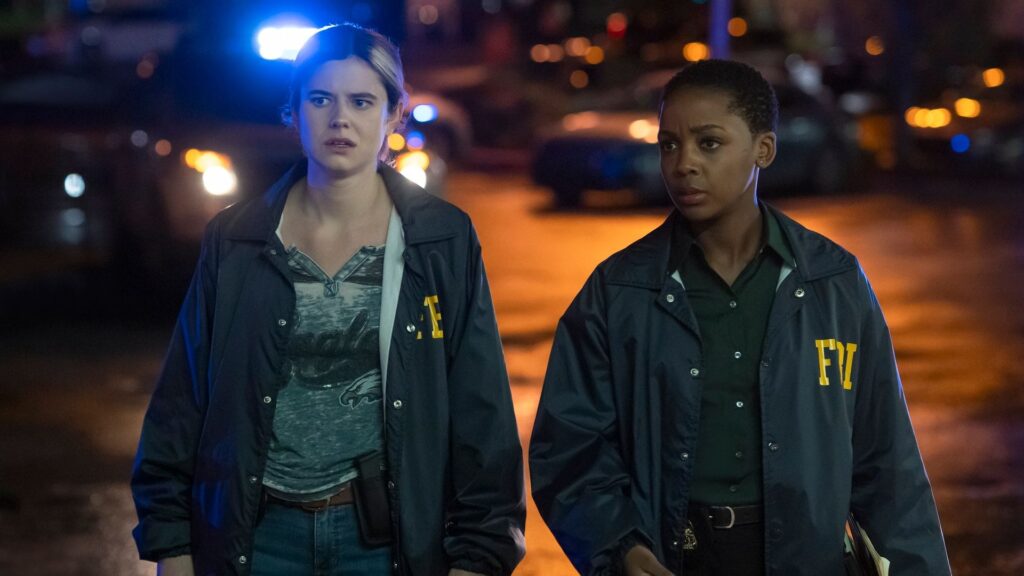
Mbedu describes Aleah, her character, as a reserved but assertive agent hailing from Chester, Pennsylvania—a city known for its gritty streets and tough mentality. This realism isn’t a surface trait. In discussing her preparation, Mbedu recounts interactions with seasoned detectives who, after hearing about Aleah, nodded with a certain respect, signaling the authenticity and gravity of the role’s demands.
Taking on Aleah meant undergoing both emotional and tactical training for Mbedu. She notes the hands-on approach the production required: “We went through practical weapons training—quickly assembling and disassembling guns, learning proper gun handling, and adapting to tactical movement during raids.” As she put it, physical action scenes—racing through woodlands, pulling off stunts—energized her, adding a new dimension to her acting palette. “I love action, so it was an added bonus,” she shares.
However, learning an American accent proved to be her greatest personal hurdle. Mbedu admits, “My tongue is more stubborn than I thought.” Despite previous experience with different accents, capturing Aleah’s speech required extra work. “Growth is uncomfortable, but I welcome that because I need to grow,” she reflects, emphasizing her readiness to embrace new challenges for the sake of her craft.
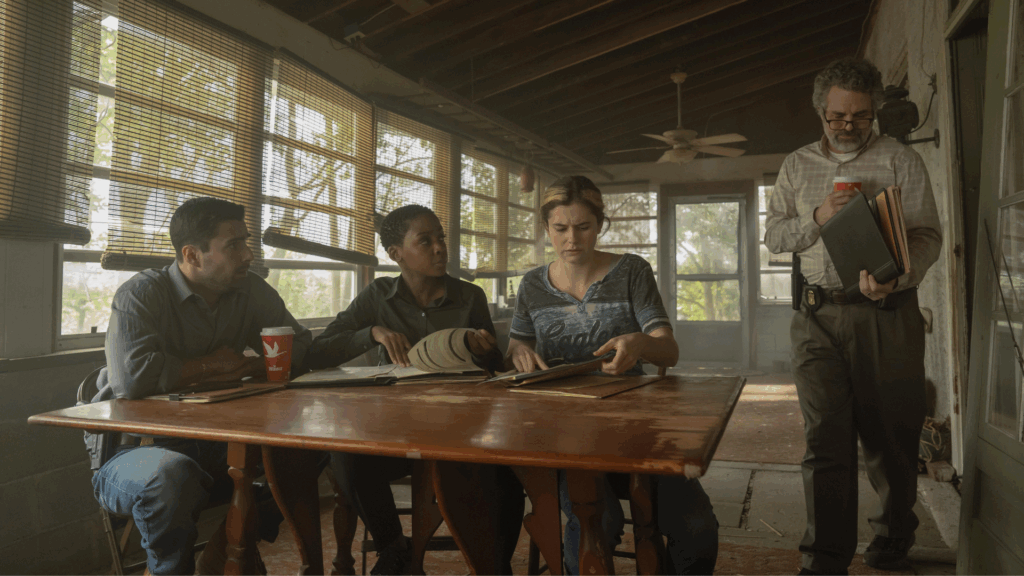
Although Aleah’s tale is fictional, Mbedu draws meaningful comparisons to her personal journey. “Aleah is a survivor,” she explains. “She transforms pain into power for justice.” Mbedu relates this idea to her own life, stating that while she may not have walked in Aleah’s precise footsteps, she understands the human instinct to persist through adversity—a universal theme many across Nigeria and Africa can relate to. “Life throws struggles at all of us. I’ve been through tough patches too, and it’s choosing to fight that has brought me to where I am today.”
Filming for Task came at a particularly difficult time for Mbedu, as she was coping with a significant personal loss. She reveals, “Emotionally I wasn’t myself. But between ‘action’ and ‘cut,’ Aleah lived, no matter what. That’s what storytelling is about—breathing life into your role, even when you’re facing your own battles.”
Set against the pulsating backdrop of Philadelphia, Task chronicles the clash between brothers entangled in criminal activities and the authorities determined to bring them to account. Beyond the suspense and action, Mbedu hopes viewers will see the series as a return to purposeful, character-focused storytelling—something she believes has waned in the world of television thrillers.
“Viewers can look forward to a very well-told story,” Mbedu promises. “This isn’t just another show made for instant trends or viral moments. It’s real storytelling, layered and meaningful. And for me, it marks my arrival as a truly dynamic, action-oriented character—one audiences have never quite seen me play before.”
The anticipation surrounding Task is palpable, especially for African audiences hungry for stories that reflect grit, resilience, and the nuanced realities faced by people globally—but with faces and voices that resonate close to home. Nigerians and Ghanaians, in particular, have expressed excitement on social media at seeing a fellow African bring depth and complexity to a mainstream Hollywood series.
Why Representation Matters: Local Voices Reflected on Global Screens
The increased presence of African actors in international productions is more than just a trend—it speaks to a broader push for visibility and authentic storytelling. Lagos-based entertainment analyst Chinedu Okoro argues, “Seeing someone like Mbedu in such a commanding, multi-layered role is inspiring for many young African creatives. It signals that our stories, culture, and accents are legitimate on every screen.”
For audiences in Nigeria and Ghana, this means a chance not just to root for one of their own but to see complex African characters inhabiting major roles, rather than just side parts or stereotypes.
Does Task Set a New Standard for African Talent?
While global platforms have become more receptive to diverse narratives, the rigorous standards Mbedu applied to her work on Task may serve as a new yardstick for how African talent can excel on any stage. According to veteran Nigerian filmmaker Funmi Adeyemi, “It’s not just about getting the part; it’s about delivering at the highest professional level and inspiring the next wave of actors on the continent.”
Challenges and the Path Forward
- Cultural authenticity: Accents, body language, and local realities often challenge African actors in international productions. Mbedu’s efforts reflect the importance of preparation.
- Access and opportunity: As more Africans earn lead roles, there’s a pushback against typecasting, demanding better scripts and authentic characters.
- Audience expectations: West African viewers, with their keen critical sensibilities, expect layered stories—something Task promises to deliver.
Looking Ahead: Can West Africa Shape Global TV?
As African actors break new ground abroad, their success reverberates at home. Film schools and young creatives in Nigeria, Ghana, and beyond see Mbedu’s achievements as blueprints for fiercer ambition. There are also calls for more co-productions and exchange programs that give West African talent greater access to the global stage while bringing local stories to international screens.
Have you watched any work featuring Thuso Mbedu, or are you eager to catch her in “Task”? What types of stories do you want to see from African actors on global platforms? Drop your thoughts in the comments below and let us know which Nollywood or Ghanaian actors you’d like to see in Hollywood-style roles.
Got a story you want to share or sell? We want to hear from you! Email us at story@nowahalazone.com to get your gist, entertainment scoop, or personal journey featured, or to discuss story sales.
For general support or enquiries, reach out at support@nowahalazone.com.
Engage with our growing community—follow us on Facebook, X (Twitter), and Instagram for all the latest updates in West African entertainment and more!
What’s your take on African actors breaking into international films and TV? Leave a comment, join the conversation, and don’t forget to share this story with friends!

